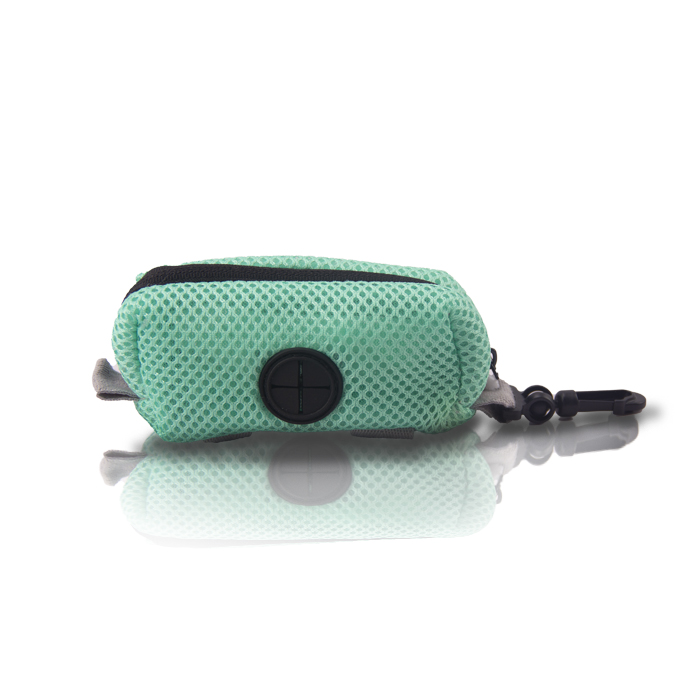Oct . 02, 2024 02:35 Back to list
Wholesale Puppy Training Treat Bags for Pet Accessories and Supplies
Unleashing Potential The Importance of Quality Puppy Training Snacks in Wholesale Pet Accessories
In the ever-growing market of pet accessories, wholesalers are presented with a myriad of opportunities to cater to the needs of pet owners. Among these, puppy training snacks have emerged as a vital product category, playing a pivotal role in the training and development of our furry companions. As a wholesaler, understanding the significance of these products can enhance your offerings and, ultimately, your business.
The Role of Training Snacks in Puppy Development
Puppy training is a crucial phase in a dog’s life. It sets the foundation for acceptable behavior, social skills, and a strong bond between the pet and its owner. In this context, training snacks serve as an excellent tool for reinforcement. They provide a tangible reward for good behavior and can significantly increase the effectiveness of training sessions.
Puppy training snacks are designed to be small, soft, and easy to chew, making them perfect for young dogs. Their appealing flavors entice puppies, motivating them to learn commands and follow their owner's cues. The right training snacks can turn a mundane training session into an exciting adventure for puppies, enhancing their learning experience.
Wholesale Opportunities
The demand for puppy training snacks has surged, creating a wealth of opportunities for wholesalers in the pet accessory market. Retailers are always on the lookout for high-quality, palatable snacks that align with the health-conscious choices of today’s pet owners. By offering diverse options, including organic and grain-free products, wholesalers can cater to a broad range of customer preferences.
Moreover, packaging is an essential aspect of wholesale pet accessories. Eye-catching, informative packaging that highlights the product's benefits—such as being calorie-conscious or made with natural ingredients—can significantly impact sales. Wholesalers can work with manufacturers to develop packaging that appeals not only to pet owners but also to retailers, focusing on functionality and ease of use.
Key Considerations for Quality Training Snacks
When selecting puppy training snacks for your wholesale business, several factors should be considered
1. Nutritional Value Today’s pet owners are increasingly concerned about their pets’ health. Offer snacks that are not only appealing but also nutritious. Look for products high in protein and low in unnecessary fillers.
wholesale pet accessories puppy train snack bag

2. Ingredients Transparency is vital. Pet owners prefer snacks made with real, recognizable ingredients. Avoid artificial additives and focus on natural options that provide health benefits.
3. Variety Puppies, much like people, have their preferences. Providing a range of flavors and textures can help retailers meet diverse customer needs and entice picky eaters.
4. Size and Texture Training snacks should be bite-sized and easy to chew, allowing for quick rewards during training without overloading puppies with calories.
5. Shelf Life Opt for products with a longer shelf life to minimize waste and returns. This quality is crucial for both wholesalers and retailers.
Marketing and Promotion Strategies
To successfully promote puppy training snacks, wholesalers can adopt several strategies
- Product Sampling Encourage retailers to offer samples to customers. A positive first experience can lead to repeat purchases.
- Educational Content Develop materials that inform pet owners about the benefits of training snacks and proper training techniques. This information can be distributed through retailers or via social media platforms.
- Promotions Seasonal promotions or bundle deals can attract more customers and move inventory quickly, benefiting both wholesalers and retailers.
Conclusion
Wholesale puppy training snacks represent an essential component of the pet accessory market. As the bond between pets and their owners strengthens, the demand for quality training aids will only grow. By focusing on nutritional value, diverse offerings, and effective marketing strategies, wholesalers can ensure they meet both retailer and consumer needs. In doing so, they not only contribute to the successful training of puppies but also enhance their own business potential in this vibrant industry.
-
Dog Sweater with Harness Hole - Manufacturer & Suppliers Custom Factory Options
NewsJul.08,2025
-
Pet Apparel Reflective Dog Harness - Safety Vest Manufacturer & Factory Wholesale Price
NewsJul.08,2025
-
Pet Apparel Dog Winter Parka - Reflective, Warm, and Durable Jackets for Dogs
NewsJul.07,2025
-
Pet Products Safety Gear Puppy Collar – Reflective & Durable Collars for Puppies
NewsJul.07,2025
-
Premium Large Dog Coats for Winter Reliable Suppliers & Manufacturers
NewsJul.07,2025
-
Safety Reflective Puppy Harness – Secure Outdoor Gear for Dogs Reliable Manufacturers & Suppliers
NewsJul.06,2025

